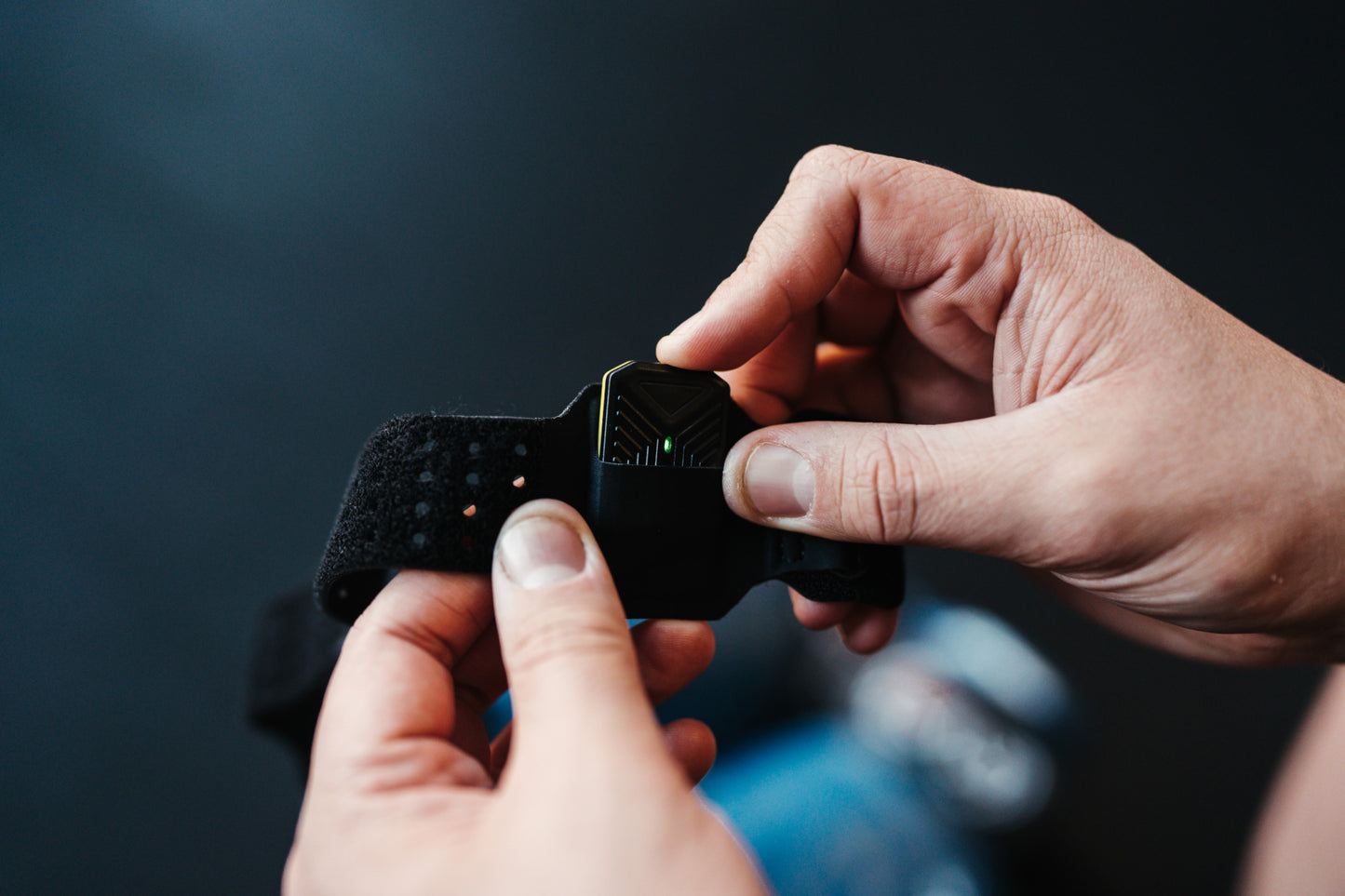The world of boxing extends far beyond the ring, involving a complex network of professionals who play crucial roles in a boxer's career. Promoters, managers, and trainers are the backbone of the business side of boxing, each contributing uniquely to a fighter's success. Let's delve into the roles and interplay of these key figures in the sport.
The Role of Promoters
Promoters are responsible for organizing and marketing boxing events. They arrange fights, secure venues, negotiate television deals, and promote the event to attract spectators and generate revenue. Promoters like Bob Arum, Don King, and Eddie Hearn have become legendary figures in boxing, known for their ability to create high-profile matchups that capture public interest.
Promoters' Responsibilities:
- Event Organization: Coordinating logistics, such as securing venues, arranging fight cards, and ensuring compliance with regulatory requirements.
- Marketing and Promotion: Advertising fights through various channels to maximize audience reach and ticket sales.
-
Negotiations: Handling contracts with fighters, managers, sponsors, and broadcasters to ensure all parties benefit from the event.
The Role of Managers
Managers act as intermediaries between boxers and promoters, handling the business and contractual aspects of a fighter's career. They negotiate fight purses, secure sponsorship deals, and manage financial affairs. Managers also provide career guidance, helping fighters make strategic decisions about training, matchups, and long-term goals.
Managers' Responsibilities:
- Contract Negotiations: Ensuring fighters receive fair compensation and favorable terms for fights and endorsements.
- Career Planning: Strategically selecting opponents and events to build a fighter's reputation and career trajectory.
-
Financial Management: Overseeing earnings, investments, and expenditures to secure a fighter’s financial future.

The Role of Trainers
Trainers are the cornerstone of a boxer's physical and mental preparation. They develop training programs, refine techniques, and provide tactical advice. A good trainer not only enhances a boxer's skills but also builds their confidence and resilience. Renowned trainers like Freddie Roach, Cus D'Amato, and Angelo Dundee have played pivotal roles in shaping boxing legends.
Trainers' Responsibilities:
- Training Regimens: Designing comprehensive training plans that include conditioning, skill development, and sparring.
- Technical Coaching: Teaching and refining boxing techniques, strategies, and in-ring tactics.
-
Mental Preparation: Building a boxer’s mental toughness, focus, and confidence for competition.

The Interplay Between Promoters, Managers, and Trainers
The collaboration between promoters, managers, and trainers is vital for a boxer’s success. Promoters ensure that fighters have the opportunity to showcase their skills on grand stages, while managers negotiate the best deals and ensure the fighter's interests are protected. Trainers focus on preparing the fighter to perform at their peak when it matters most.
Conclusion
The business of boxing is a complex ecosystem where promoters, managers, and trainers each play indispensable roles. Their collaboration ensures that fighters not only achieve success in the ring but also navigate their careers effectively outside of it. Understanding these roles and their interplay provides a deeper appreciation of the intricate machinery behind the scenes that drives the sport of boxing.
Let us know your thoughts on Instagram @powaboxing














